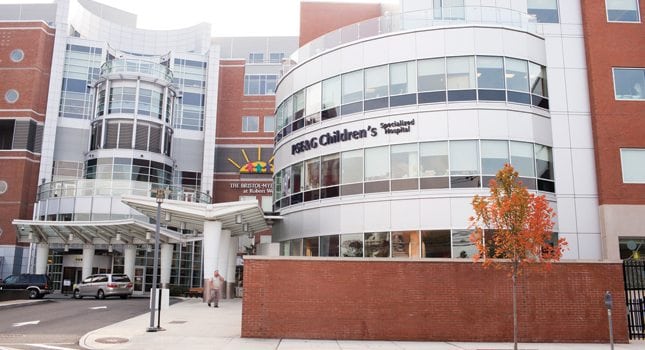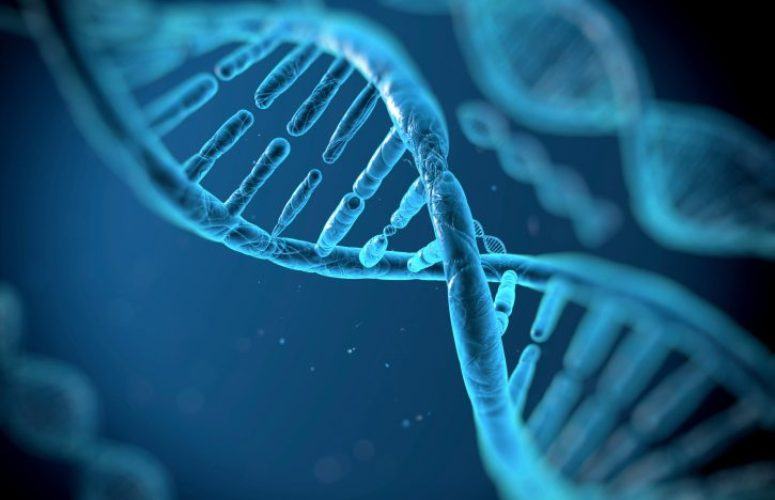
HUD and NJ Announce Agreement to Expand Hurricane Sandy Recovery Programs
New Jersey to target $240 million to lower income households in 9 impacted counties.
On May 30, 2014The U.S. Department of Housing and Urban Development recently announced a mutual agreement with the State of New Jersey to build upon affordable housing opportunities for lower income households whose homes were damaged or destroyed by Hurricane Sandy. The settlement agreement announced today will provide a combined $240 million in direct housing assistance to lower income households, reevaluate all denied applications under the State’s disaster housing program, and enhance the State’s outreach efforts for those with limited English proficiency.
“This agreement is about opening doors to families who may not have been aware that there is help available to them,” said HUD Secretary Shaun Donovan. “We’ve worked closely with the State of New Jersey to make certain taxpayer-funded disaster recovery programs have the broadest possible reach.”
New Jersey Governor Chris Christie said, “Working together, we have been steadfast in ensuring that the largest amount by far of Sandy housing recovery aid reaches those most in need, and we’ve already devoted the majority of housing grants to low- and moderate-income families. We can now take that commitment even farther, by bolstering our outreach, providing additional resources for both renters and low- and moderate-income homeowners, and incorporating feedback from housing advocates.”
The agreement resolves a complaint brought by a number of civil rights organizations in the state including the Latino Action Network, the New Jersey NAACP, and the Fair Share Housing Center.
Latino Action Network President Frank Argote-Freyre said, “This settlement will help Spanish-speaking New Jerseyans and others who are still out of their homes get information that wasn’t provided to them before. We have one more chance to get this right, and I am hopeful that this agreement will help.”
New Jersey NAACP President Richard Smith added, “The settlement is an important step. The NAACP looks forward to seeing the Sandy recovery funds reach the families, seniors, and people with disabilities on whose behalf we filed the complaint.”
Under the terms of the agreement announced today, the State of New Jersey voluntarily agreed to the following:
- To allocate $215 million in Community Development Block Grant Disaster Recovery (CDBG-DR) to replace and develop multifamily housing in the nine counties most impacted by Sandy (Atlantic, Bergen, Cape May, Essex, Hudson Middlesex, Monmouth, Ocean and Union). State has agreed to prioritize the siting of these units in Monmouth, Ocean and Atlantic counties which were most damaged by Sandy and to make sure that at least 60 percent of these units will serve families with children. The state will give initial priority to persons whose homes suffered major or severe damage or who were displaced by Hurricane Sandy.
- To review and reconsider its decisions on all rejected applications for the Rehabilitation, Reconstruction, Elevation and Mitigation (RREM) Program whether or not those persons filed an appeal. RREM provides up to $150,000 to homeowners to restore their damaged homes, including rehabilitation, reconstruction, elevation, and/or mitigation activities. The homeowner must reside in one of the nine impacted counties.
- To reserve a minimum of $10 million in a new program that will serve low-income homeowners whose homes were damaged by the storm in the nine counties or owners of manufactured housing that was damaged by Sandy.
- To provide a comprehensive approach to serving people with Limited English Proficiency who would benefit from any of the state’s HUD-funded recovery activities including providing interpreters in housing recovery centers, language lines, translation of vital documents, including eligibility information, applications and outreach materials, in the languages most spoken in the nine impacted counties.
- To provide an additional $15 million to support restoration of public, federally assisted, and supportive housing.
- To offer an additional $10 million in vouchers to support low income renters.
- To conduct outreach activities on its Sandy recovery activities including the programs covered by the agreement to low- and moderate-income persons and those who are not English proficient.






